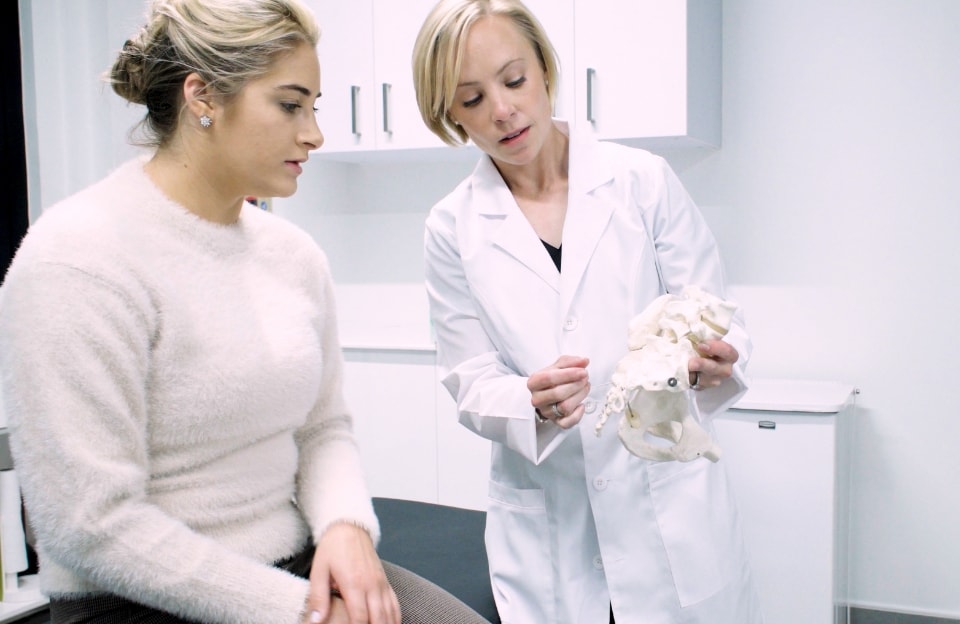What Kind of Doctor Treats Veins? Vein Treatment Long Island Guide
Understanding Vein Specialists
When dealing with vein-related issues, you might wonder, “What kind of doctor treats veins?” Vein specialists, also known as phlebologists, vascular surgeons, or interventional radiologists, are the primary professionals who diagnose and treat vein conditions. These doctors focus on conditions such as varicose veins, spider veins, venous insufficiency, and deep vein thrombosis. If you’re looking for vein treatment in Long Island, understanding the role of these specialists is the first step to addressing your concerns.
Common Vein Conditions Treated
Vein conditions vary in severity and symptoms, but they all require attention from experienced professionals. Here are some of the most common issues that vein doctors treat:
Varicose Veins
Varicose veins are enlarged, twisted veins that typically appear on the legs. They often cause discomfort, swelling, and aching. Left untreated, they can lead to complications such as ulcers or blood clots.
Spider Veins
Spider veins are smaller, web-like veins that appear close to the skin’s surface. While they are primarily cosmetic, they may indicate underlying venous issues.
Chronic Venous Insufficiency (CVI)
CVI occurs when the valves in your veins don’t function properly, causing blood to pool in your legs. This condition can lead to swelling, skin changes, and pain.
Deep Vein Thrombosis (DVT)
DVT is a serious condition involving blood clots in deep veins, often in the legs. It requires immediate medical attention to prevent complications like pulmonary embolism.
For those in Long Island, finding a vein specialist who understands these conditions is crucial for effective treatment.
What to Expect During Vein Treatment
When you visit a vein specialist for vein treatment in Long Island, your journey typically begins with a thorough consultation and diagnosis. Here’s what you can expect:
Initial Consultation
Your doctor will review your medical history, discuss your symptoms, and perform a physical examination. They may ask about any discomfort, swelling, or changes in your skin.
Diagnostic Tests
To confirm a diagnosis, your vein specialist may use ultrasound imaging to assess blood flow and identify problem areas. This non-invasive test is essential for planning effective treatment.
Personalized Treatment Plan
Once your doctor identifies the issue, they’ll create a personalized treatment plan. This plan may include lifestyle changes, minimally invasive procedures, or surgical interventions.
Treatment Options for Vein Conditions
Modern vein treatment options are safe, effective, and minimally invasive. Below are some of the most common treatments offered by vein specialists in Long Island:
Sclerotherapy
Sclerotherapy involves injecting a solution into the affected veins, causing them to collapse and fade over time. This procedure is ideal for treating spider veins and smaller varicose veins.
Endovenous Laser Ablation (EVLA)
EVLA uses laser energy to seal off damaged veins, redirecting blood flow to healthier veins. This minimally invasive procedure is effective for treating varicose veins.
Radiofrequency Ablation (RFA)
Similar to EVLA, RFA uses radiofrequency energy to close off problematic veins. It is a popular option for patients seeking quick recovery and minimal discomfort.
Ambulatory Phlebectomy
For larger varicose veins, ambulatory phlebectomy involves removing the veins through small incisions. This procedure is performed under local anesthesia and has a short recovery time.
Compression Therapy
Compression stockings improve blood flow and alleviate symptoms like swelling and pain. They are often recommended alongside other treatments or as a preventive measure.
Why Choose Vein Treatment Long Island?
If you’re considering vein treatment, Long Island offers a wealth of options. Here’s why seeking treatment in this area is a great choice:
Experienced Specialists
Long Island is home to some of the most skilled and experienced vein specialists. These doctors use cutting-edge technology and advanced techniques to deliver exceptional care.
State-of-the-Art Facilities
Many vein clinics in Long Island feature state-of-the-art equipment and comfortable environments. Patients receive world-class care in a welcoming setting.
Convenient Locations
With multiple clinics spread across Long Island, you can find a vein specialist close to home. This convenience ensures that you can easily attend appointments and follow-up visits.
Comprehensive Care
Long Island’s vein specialists offer a wide range of treatments tailored to each patient’s needs. Whether you’re dealing with minor spider veins or more severe conditions, you’ll find the care you need.
Preventing Vein Problems
While professional treatment is essential for existing vein conditions, prevention plays a key role in maintaining vein health. Here are some tips to keep your veins healthy:
Stay Active
Regular exercise improves blood flow and reduces the risk of venous issues. Activities like walking, swimming, and cycling are particularly beneficial.
Maintain a Healthy Weight
Excess weight puts additional pressure on your veins, increasing the risk of varicose veins and other conditions. A balanced diet and regular exercise can help you maintain a healthy weight.
Elevate Your Legs
If you spend long hours sitting or standing, take breaks to elevate your legs. This simple action promotes blood flow and reduces swelling.
Wear Compression Stockings
Compression stockings provide gentle pressure to improve circulation and prevent blood from pooling in your legs.
Avoid Prolonged Sitting or Standing
Change your position frequently to encourage blood flow. If your job requires long periods of sitting or standing, try stretching or walking periodically.
Choosing the Right Vein Specialist
Selecting the right doctor for vein treatment Long Island is crucial for achieving the best results. Here are some factors to consider:
Credentials and Experience
Look for a board-certified specialist with extensive experience in treating vein conditions. This ensures that you’re receiving care from a qualified professional.
Patient Reviews
Read reviews and testimonials to learn about other patients’ experiences. Positive feedback is a good indicator of quality care.
Personalized Care
Choose a doctor who takes the time to understand your concerns and develop a customized treatment plan. Personalized care leads to better outcomes.
Advanced Technology
Ensure that the clinic uses modern equipment and techniques. Advanced technology improves the accuracy and effectiveness of vein treatments.
Final Thoughts
If you’ve been asking, “What kind of doctor treats veins?” or searching for vein treatment in Long Island, now you have the information to make an informed decision. Vein specialists in Long Island provide expert care for a wide range of conditions, using state-of-the-art techniques to improve your vein health and overall quality of life. Don’t let vein issues hold you back—reach out to a vein specialist today and take the first step toward healthier, more comfortable legs.














Post Comment